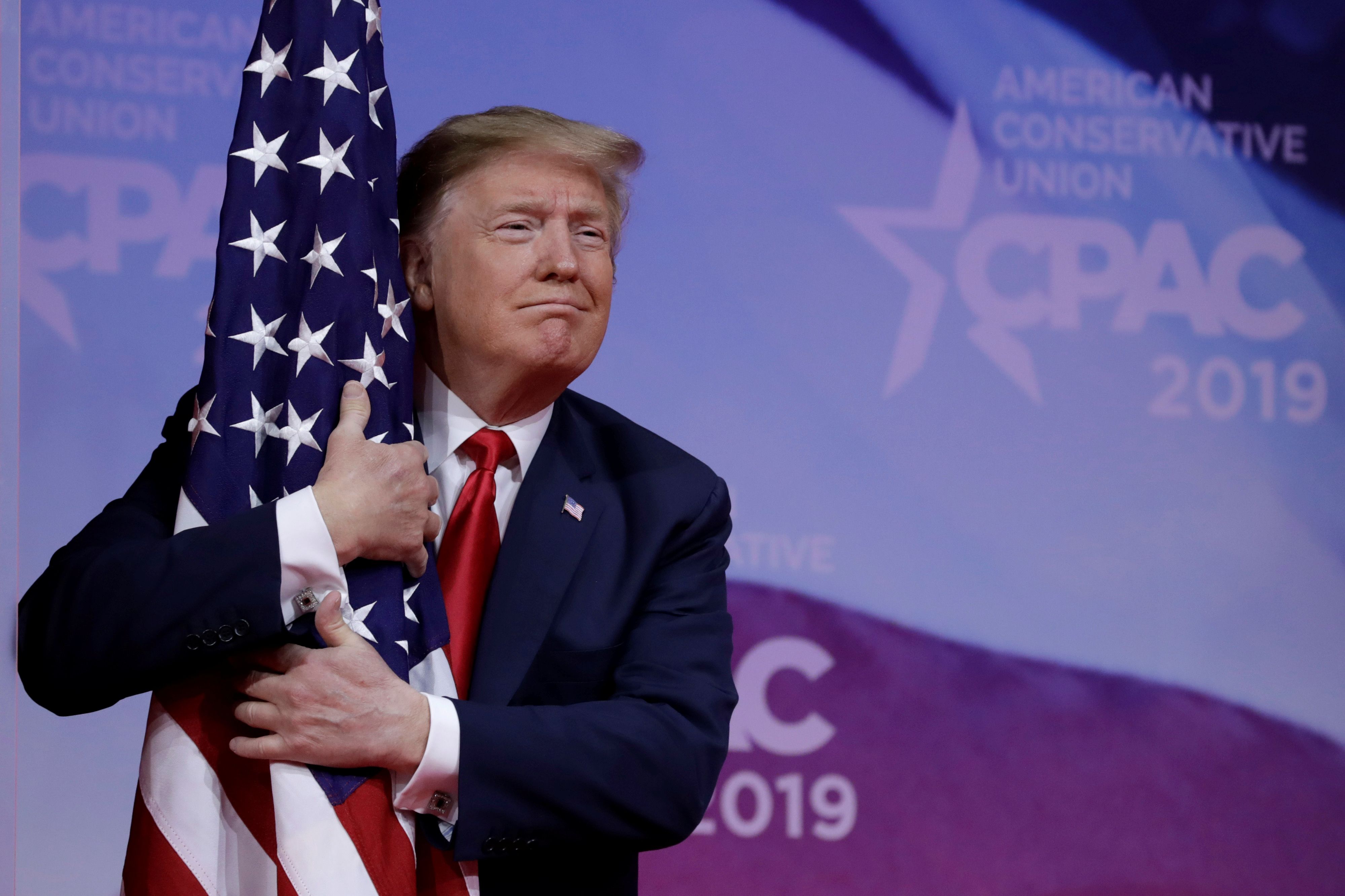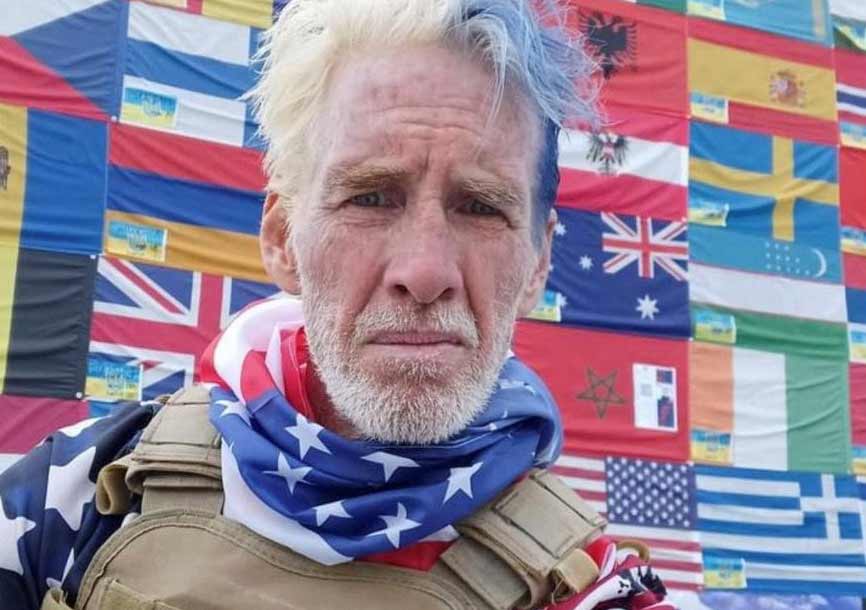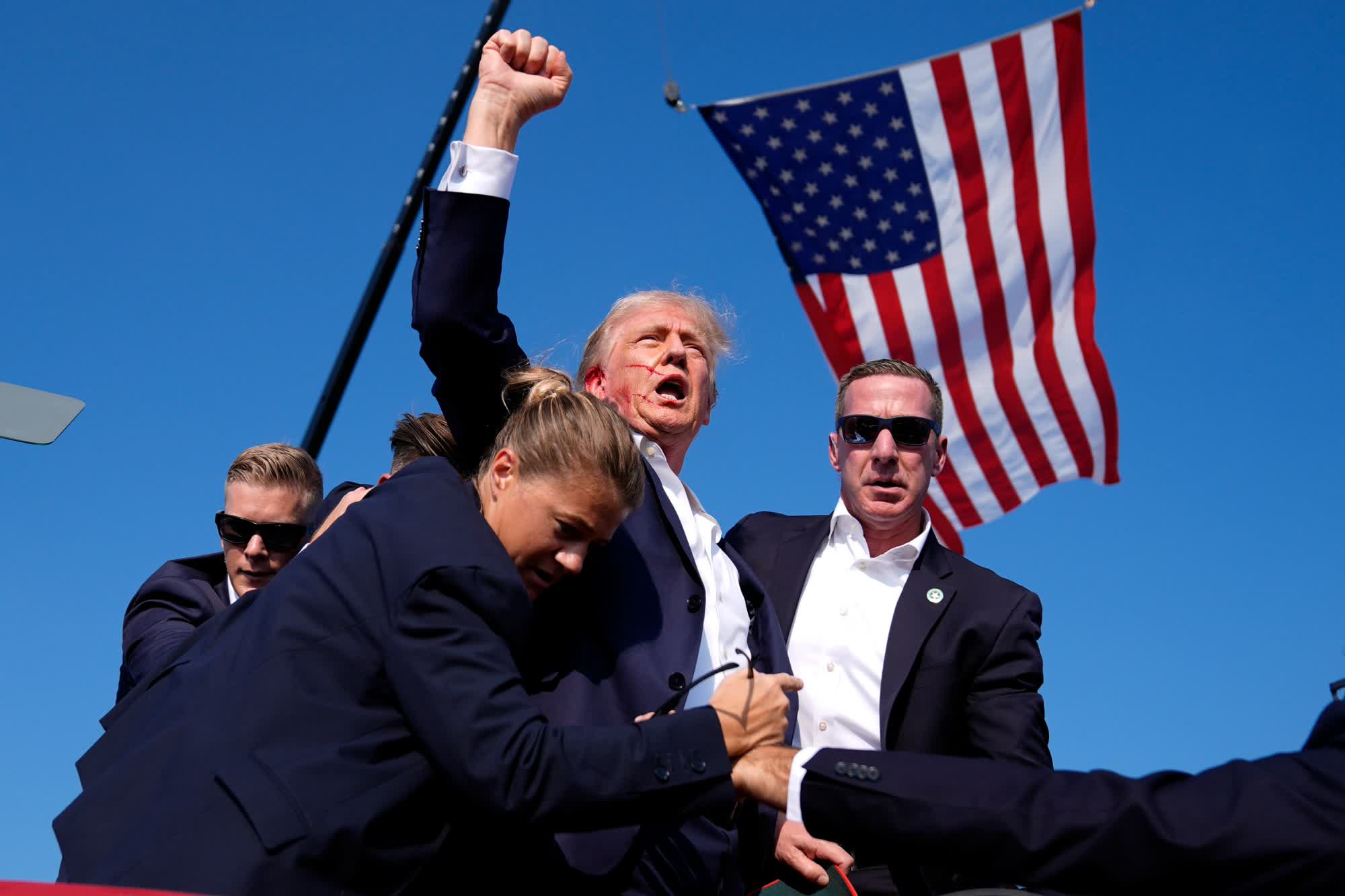On September 15, former President Donald Trump survived a second assassination attempt while golfing at the Trump International Golf Club in West Palm Beach, Florida. The attacker, identified as Ryan Wesley Routh, was apprehended after being spotted with an AK-47 style rifle near the course. Secret Service agents responded swiftly, firing at Routh, who fled more than 40 miles, but was later captured by law enforcement on I-95. This incident, occurring just 64 days after a previous assassination attempt, has raised serious concerns about security measures for political figures, especially Trump.
 Credit: Business Insider - Trump Golfing
Credit: Business Insider - Trump Golfing
A Shocking Lack of Security
The incident has sparked debate over how Routh was able to get so close to the former president at a private location like a golf club, especially following a previous attempt on Trump's life. While the Secret Service's swift response has been commended, concerns are growing over apparent lapses in security. Many are now questioning whether the safety protocols for former presidents are sufficient, particularly in today’s highly charged political climate. The FBI has classified the event as an assassination attempt, and legal proceedings are underway.
Although Routh's motive remains somewhat unclear, before his social media was deleted, he had expressed support for deploying American troops to Ukraine to fight against Russia. In contrast, during a recent debate, Trump did not explicitly endorse a Ukrainian victory but instead emphasized his desire to end the war, stating that he would settle it before taking office.
 Credit: YouTube - Palm Beach County
Credit: YouTube - Palm Beach County Sheriff Ric Bradshaw
Palm Beach County Sheriff Ric Bradshaw made a statement regarding the Secret Service security around Donald Trump at the golf course. He clarified that because Trump is not the sitting president, the security measures were not as extensive as they would have been for a current president. Specifically, Bradshaw mentioned, "At this level he is at right now, he's not the sitting president. If he was, we woulda had this entire golf course surrounded. But because he's not, security is limited to the areas that the Secret Service deems possible."
Why Trump is Targeted
Donald Trump is more than just a former president and presidential candidate; he is a symbol of the deep cultural and political divide in America. For many, he represents a shift in politics that goes beyond traditional party lines, reflecting a broader "culture war" in the country.
When asked about Trump, many people respond with strong, negative emotions. However, when asked to identify specific policies or statements behind their dislike, they often struggle to articulate them. This lack of specificity suggests that the animosity toward Trump may not be driven solely by his policies or rhetoric, but rather by a combination of media influence and internet echo chambers, which amplify division and fuel societal polarization. However, not everyone struggles to provide specific policy positions they oppose. Some point to his rhetoric and policies on mass deportation, while others cite the events of January 6th, his labeling of the mainstream media as "the enemy of the people," and his perceived threat to democracy.
 Credit: CNN - Trump Hugging the American Flag
Credit: CNN - Trump Hugging the American Flag
On the other hand, Trump's supporters are drawn to his populist appeal and outsider status. They admire his willingness to challenge the political establishment and address the frustrations of ordinary Americans, especially those who feel left behind by identity politics. His 'America First' policies resonate with those who prioritize economic nationalism, job creation, and stricter immigration controls. Supporters also appreciate his blunt, unapologetic style, seeing it as refreshing honesty compared to politically scripted figures. His skepticism of the media and stance against powerful institutions reinforce his image as a fighter for the people, symbolizing resistance to perceived elitism and corruption.
Crossing the Divide
In a world increasingly shaped by echo chambers and media propaganda, it's vital to recognize that the best way to overcome these influences is through open, respectful political discussions with others. When conversations cease, the risk of violence rises. Regardless of your worldview, strive to understand the perspectives of those you disagree with. Avoid attaching your identity too closely to specific policies or beliefs; instead, hold them with an open hand, so that opposing viewpoints don’t feel like personal attacks. Given that echo chambers are likely to persist due to the profit-driven nature of sensationalism on the internet, it's more important than ever to bridge the political divide by engaging in thoughtful dialogue with those who hold different opinions.
 Credit: Reuters - Trump's Attempted Assassin
Credit: Reuters - Trump's Attempted Assassin

